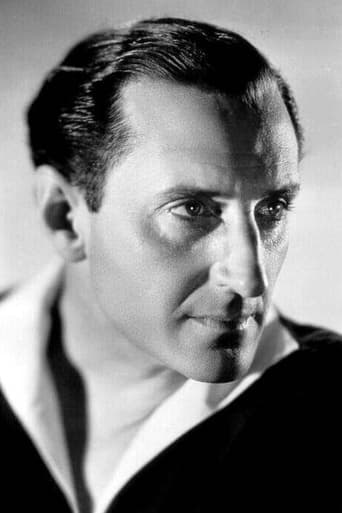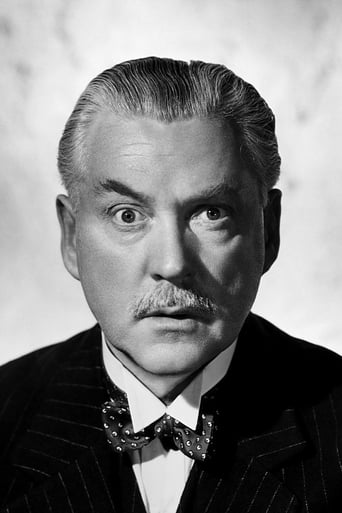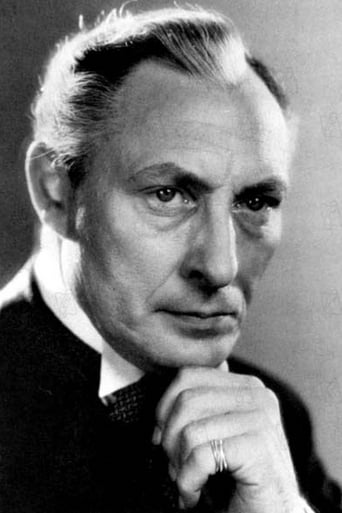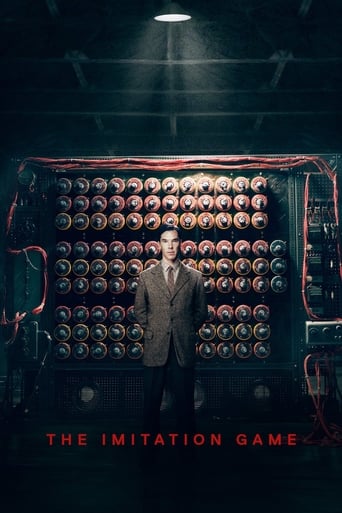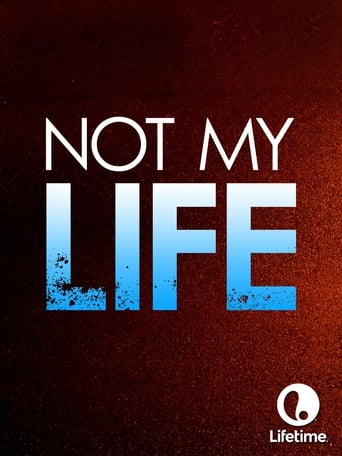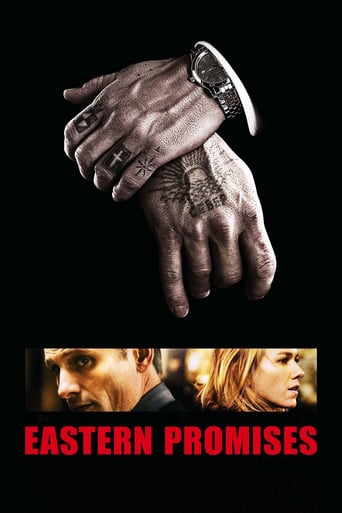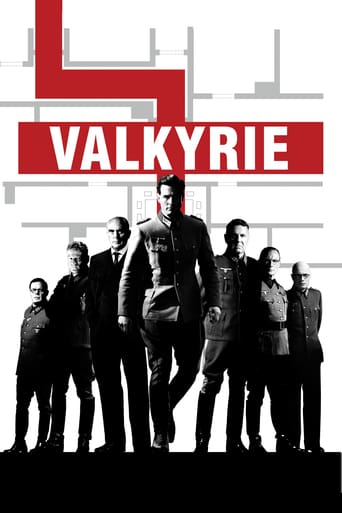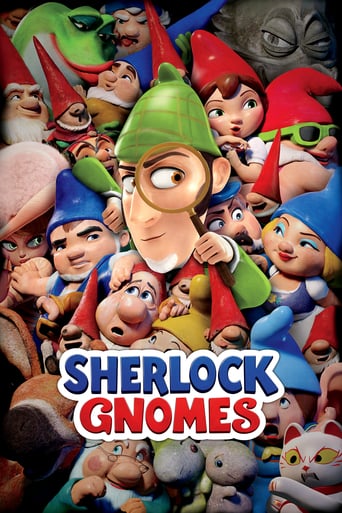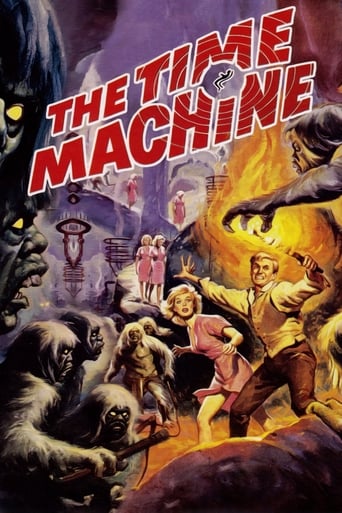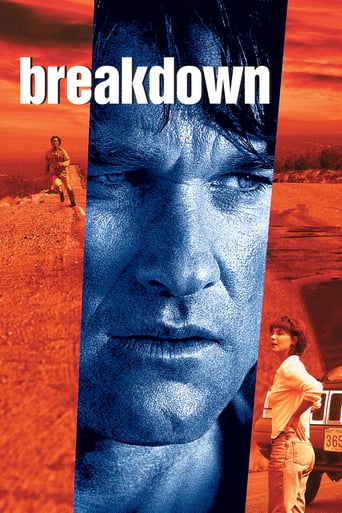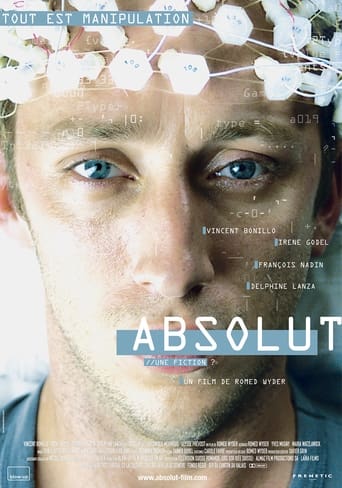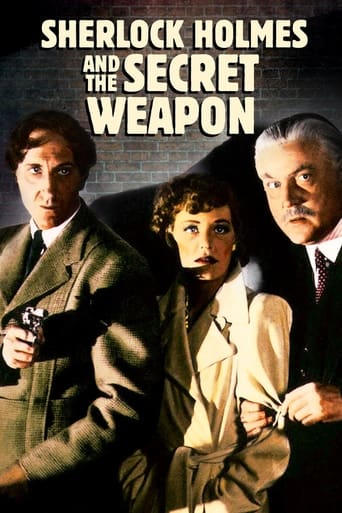
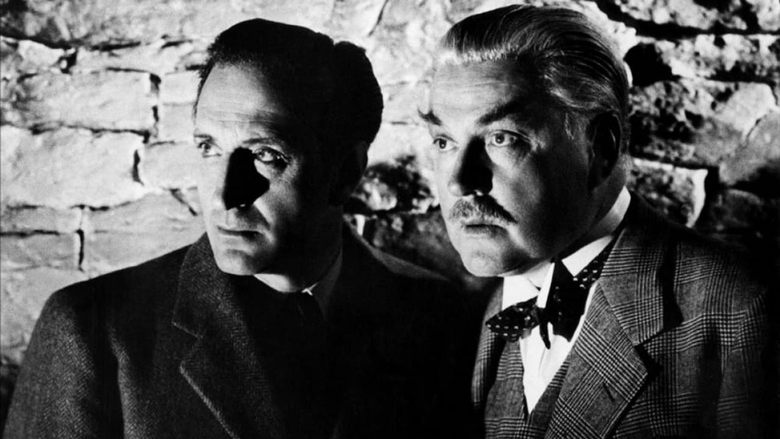
 Watch Now
Watch Now







Sherlock Holmes and the Secret Weapon (1942)
 Watch Now
Watch Now







In the midst of World War II, Sherlock Holmes rescues the Swiss inventor of a new bomb-sight from the Gestapo and brings him to England, where he shortly falls into the clutches of Professor Moriarty.
Watch Trailer
Cast


Similar titles
Reviews
Good films always raise compelling questions, whether the format is fiction or documentary fact.
A story that's too fascinating to pass by...
This is one of the few movies I've ever seen where the whole audience broke into spontaneous, loud applause a third of the way in.
It’s not bad or unwatchable but despite the amplitude of the spectacle, the end result is underwhelming.
This one is really fun - very interesting movie. Sherlock as has gotten Dr. Franz Tobel out of Switzerland and must keep him safe - for Tobel has a secret weapon against the Nazis. Moriarty has sided with the Nazis and wants to get his hands on the Tobel's weapon to sell to the Nazis for profit and status. It is up to Sherlock Holmes and Dr. Watson to keep Tobel & his secret weapon safe from Moriarty and the Nazis.The mystery takes a few twists and turns that are unexpected. Great fun to watch Basil Rathbone in the many disguises of Sherlock Holmes and to see Lionel Atwill in a wickedly diabolical role once again.This one is definitely worth watching - it's just over an hour long and a fun hour it is.8.5/10
Just like the previous 'Sherlock Holmes' film produced by Universal, "Sherlock Holmes and the Secret Weapon" serves exclusively the same goal: to promote the Allied propaganda against Nazi Germany. A righteous cause, of course, but worked out and presented in a VERY poor and dubious way: Holmes becomes an assistant of the British Secret Service, an expert of decoding secret messages - in order to save a mass destruction device a Swiss scientist has developed from falling into the Germans' hands and to get 'safely' to its destination, the British Airforce, for which it will mean 'a revolution for aerial bombardment'... Which means of course great damage to the enemy - but also the loss of tens of thousands innocent lives, not only in Germany, but also in other towns and cities all over Europe.And what is left of the original 'Holmes'? Not much, except for his arch-enemy Moriarty, who in this case of course is collaborating with the enemy - and even the great veteran actor Lionel Atwill looks pale in the role of the evil mastermind. Watson is depicted as a complete sap this time, and all the other characters are simply insignificant; neither is there any suspense or room for criminological deductions.Now, almost every hero of Hollywood's crime movie series was 'recruited' during the War to do his part for the Allies; but, for example, 'Charlie Chan', even while he was working for the Secret Service, always remained 'Charlie Chan'... While Sherlock Holmes as a 'war hero' at home is simply beyond recognition.
Sherlock Holmes and the Secret Weapon (1943)Is there any point to a film as flimsy as this formulaic quickie? Maybe. It's rather plump as a quasi-propaganda piece, prototypical in several ways, a sliver of light onto the day-to-day home front of WWII London.Maybe we do really need to be reminded of the subtle infiltration of Nazis of all colors into everyday British life since enemies will be among us in any war. How do you distinguish? Who do you trust? We might prefer Sam Spade or Peter Falk, for style (or a CSI team for results), but that's only because we Americans don't really own Sherlock Holmes. Never mind that Holmes worked half a century before the SS started gassing morphine users. Who in the whole world would make a better Nazi-hunter? Basil Rathbone does it reasonable justice, made only more cunning by the glaring contrast of Nigel Bruce as his bumbling and necessarily lovable sidekick, Dr. Watson. (Why do you think touring rock bands use local acts as warm-ups?)For Sherlockians (or whatever they are called), there is the problem of transplanting the sleuth from the smoky, opium-glazed, romanticized London that we depend on. It's some comfort to see the old Victorian mechanical tricks (secret doors), elegant revelations (water spilling on the cipher and revealing its key), and good old disguises (three). Because this really is Holmes all over again. And guess who wins? The English, specifically. And guess who disappears to an apparent but unconfirmed death? Yes, Professor Moriarty himself.This is the middle of three Holmes WWII adaptations. The first, Sherlock Holmes and the Voice of Terror (1942), is also set in London (great mood throughout). The third, Sherlock Holmes in Washington (1943), is a throwaway. There were fourteen movies made for the standard Rathbone/Holmes oeuvre from 1939 to 1946. Not one of them is a masterpiece, but some of them, Hound of the Baskervilles for starters, are distracting in the best way. In the eerie calm after the Blitz, Secret Weapon was surely transparent and glib, and rather fun, and not really propaganda at all. Today, it remains transparent and glib, and rather fun. I miss Mycroft.
As much as I appreciate Universal's decision to resurrect the Rathbone/Bruce Sherlock Holmes films during World War Two, I can't agree that fighting Nazis was the master detective's true calling. By adapting Sir Arthur Conan Doyle's wonderful stories into propagandistic anti-German spy movies, the early Universal films inevitably lose sight of what Holmes is all about solving mysteries. In 'Sherlock Holmes and the Secret Weapon (1943),' there is never any doubt as to who is performing evil deeds against the Allied cause, and Holmes' battle of wits with long-time nemesis Professor Moriarty plays out more like a James Bond flick than anything else. Nevertheless, Rathbone's spot-on characterisation of the title character makes the film quite worthwhile, and it's no surprise that the film series would continue for a further ten installments (in the next three years!). Fortunately, for those who can't stomach the war propaganda, you need only wait until 'Sherlock Holmes Faces Death (1943)' for the detective to return to what he does best.Swiss scientist Dr Franz Tobel (William Post Jr.) has just escaped to London after Nazi spies attempted to steal his idea for a revolutionary bomb-sight, a weapon with the potential to alter the course of the war. He agrees to make the technology available for Allied use, but insists on absolute secrecy while the components are assembled. When Tobel goes missing, it falls to Sherlock Holmes and his bumbling sidekick Dr Watson (Nigel Bruce) to follow the clues, and it doesn't take long to ascertain that the man behind this sinister business is none other than Holmes' nemesis, Professor Moriarty (Lionel Atwill). The film, directed by Roy William Neill who helmed all but one Universal Holmes film was ostensibly based upon Doyle's "The Adventure of the Dancing Men," though there is little resemblance aside from the complex cypher than Holmes and Moriarty must decode {the previous installment, 'Sherlock Holmes and the Voice of Terror (1942)' didn't have much in common with "His Last Bow," either}.It's a pity that Basil Rathbone isn't really well-known outside of his Sherlock Holmes character, and I'd really like to explore the other work in his career. He does good, villainous work in 'The Adventures of Robin Hood (1938),' but his excellent performance in this series suggests an abundance of talent that would have translated very well into other settings. Just watch the effectiveness of Holmes' disguise as a coal-faced ex-con drunkard, and the unfettered rage that seems to throb in his eyes and voice. Nigel Bruce's Watson is a little more bumbling than usual, and doesn't really contribute anything to the mystery except for some comic relief. Dennis Hooey debuts the canonical character of Lestrade, the cocky Scotland Yard detective whose ineptitude is proved each time Holmes makes a deduction. Lionel Atwill is adequate as the evil Moriarty, but doesn't quite come across as intelligent and omniscient as he's probably supposed to. For Holmes enthusiasts, 'Sherlock Holmes and the Secret Weapon' is worth watching, but it's not the best you'll find.


